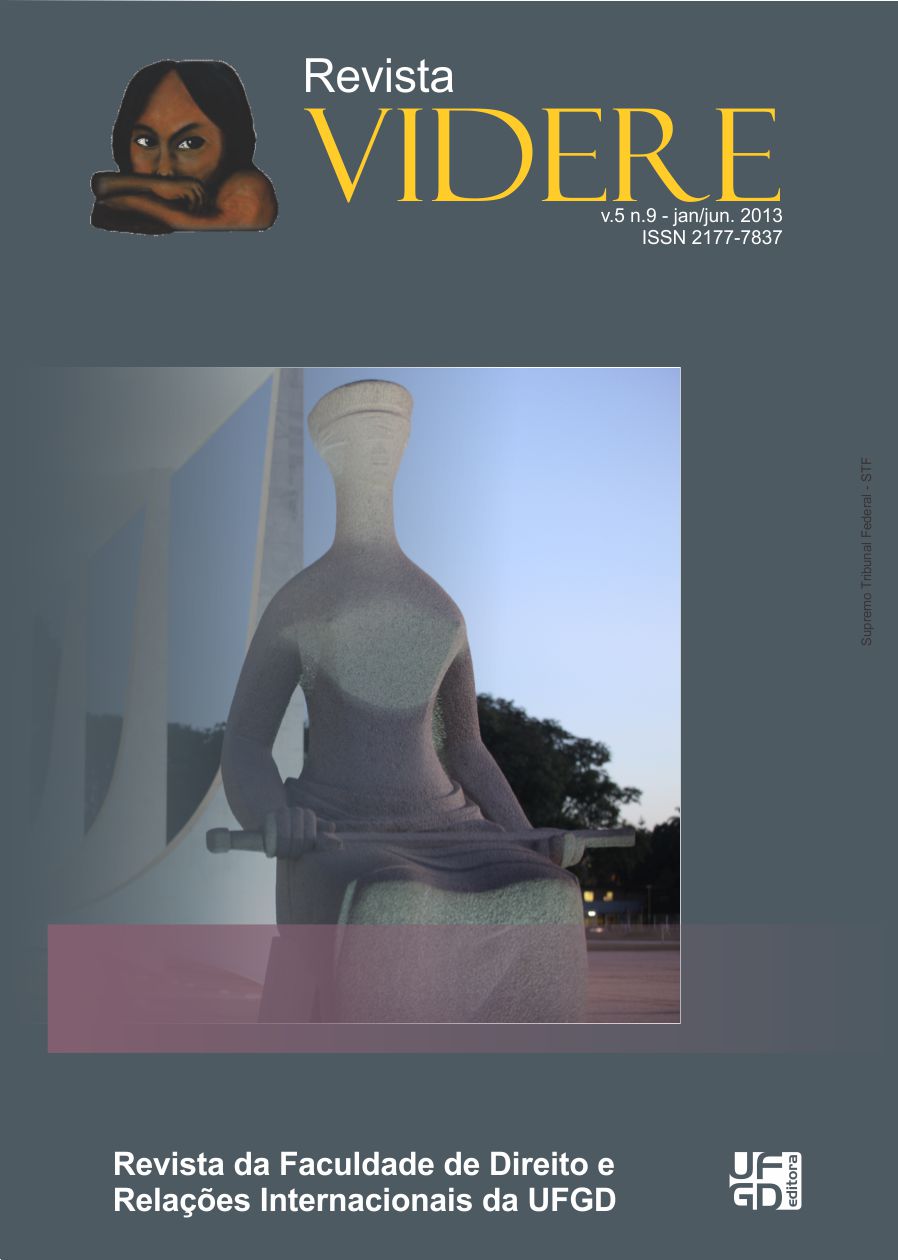O princípio constitucional da dignidade da pessoa humana e a efetivação do direito
Keywords:
Constituição Federal Brasileira de 1988. Dignidade da pessoa humana. Direito a educação.Abstract
O presente estudo tem como foco a análise das políticas públicas, do exercício da jurisdição estatal e a atuação da sociedade civil, com o escopo de concretização e efetivação do direito à educação. Para a obtenção desse fim, a pesquisa foi feita com base nas Constituições nacionais, em especial na Constituição da República Federativa do Brasil de 1988, que trata a educação como um direito social fundamental do ser humano, relacionando-o de forma estreita com valores como democracia e cidadania, inserindo-o como parte de um dos princípios maiores que norteiam o nosso sistema jurídico que é o princípio da dignidade humana. Mas apesar do que prega a nossa Lei Maior, esse direito fundamental não é tratado, via de regra, de modo eficaz, motivo pelo qual se faz necessária cada vez mais a participação positiva da sociedade civil e principalmente do Estado por meio de um conjunto de medidas político-sociais e jurídicas, evitando que o direito a educação se reduza as normas meramente programáticas.Downloads
Downloads
Published
How to Cite
Issue
Section
License
Authors must accept the publication rules when submitting the journal, as well as agree to the following terms:
(a) The Editorial Board reserves the right to make changes to the Portuguese language in the originals to maintain the cultured standard of the language, while respecting the style of the authors.
(b) Authors retain the copyright and grant the journal the right to first publication, with the work simultaneously licensed under the Attribution-NonCommercial-ShareAlike 3.0 Brazil (CC BY-NC-SA 3.0 BR) that allows: Share - copy and redistribute the material in any medium or format and Adapt - remix, transform, and create from the material. CC BY-NC-SA 3.0 BR considers the following terms:
- Attribution - You must give the appropriate credit, provide a link to the license and indicate whether changes have been made. You must do so under any reasonable circumstances, but in no way that would suggest that the licensor supports you or your use.
- NonCommercial - You may not use the material for commercial purposes.
- Sharing - If you remix, transform, or create from material, you must distribute your contributions under the same license as the original.
- No additional restrictions - You may not apply legal terms or technological measures that legally restrict others from doing anything that the license permits.
(c) After publication, authors are allowed and encouraged to publish and distribute their work online - in institutional repositories, personal page, social network or other scientific dissemination sites, as long as the publication is not for commercial purposes.



















